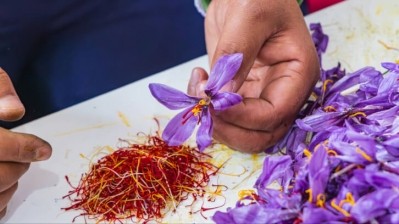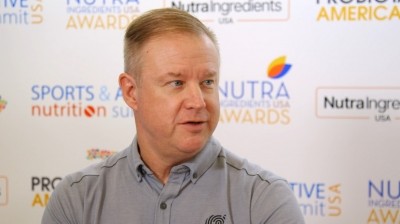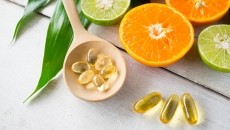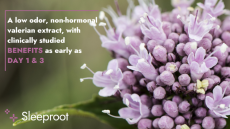Ayana Bio gets $300K NIH grant for plant cell-cultivated saffron
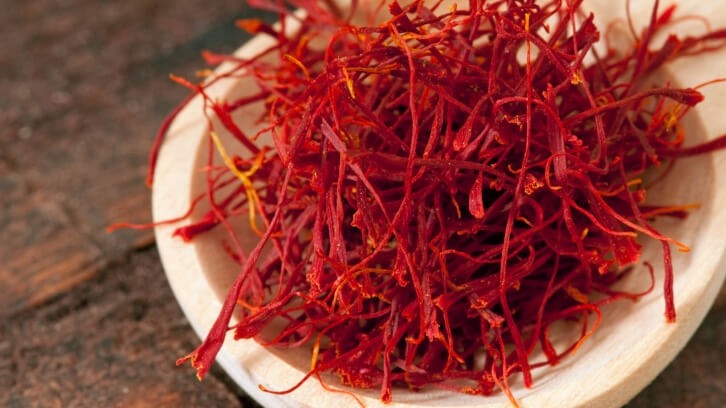
Saffron is the most expensive spice in the world, and it can take up to 170,000 flowers to produce just one kilo of saffron.
Scientific evidence supports saffron’s potential to aid in weight management by suppressing appetite and increasing metabolism. These effects are linked to the spice’s neurological effects, with a body of clinical data that demonstrates saffron’s beneficial effects across a range of neurological and age-related diseases, such as depression, anxiety and Alzheimer’s disease.
“Saffron is a super ingredient for our brains—not just our taste buds—but it remains untapped due to its exorbitant cost,” said Frank Jaksch, CEO of Ayana Bio. “Today’s grant from the NIH is a validation of plant cell cultivation’s ability to unlock botanicals like saffron’s powerful benefits and improve health outcomes.”
The $300,000 NIH grant will fund Ayana Bio’s research to identify which complex of saffron bioactives can consistently demonstrate the highest neuroprotective benefits, specifically for Huntington’s disease, said the company in a press release.
Ayana Bio’s plant cell technology is a means to create plant materials without growing plants in the ground. The plant cell cultivation technology starts by identifying the best plant cell lines—just like traditional plant breeding. These plant cells are propagated from real plants (similar to stem cells) and assessed throughout the cell cultivation process for important characteristics like bioactive potency, stability and purity.
The company then provides the nutrients the plant cells need to grow and multiply.
The NIH-funded research will also address how plant cell cultivation can enhance the production of saffron’s bioactives by running a pre-clinical study on a C. elegans model of Huntington’s disease. Identifying a standardized complex of bioactives that can be produced consistently will allow researchers to study saffron’s health benefits more effectively for a range of diseases.
An existing portfolio
Earlier this year, Boston-based Ayana announced a seven-figure joint development agreement with South Korea’s Wooree Green Science to develop plant cell-derived saffron and other important bioactive ingredients.
That partnership focuses on the development of these bioactive ingredients for health and wellness products for distribution in the South Korean market.
Beyond saffron, Ayana Bio's Plant Cell Advantage ingredient portfolio is currently composed of Dog Rose PCA, Hedge Nettle PCA, Sage PCA, Echinacea-p PCA and Lemon Balm PCA.
